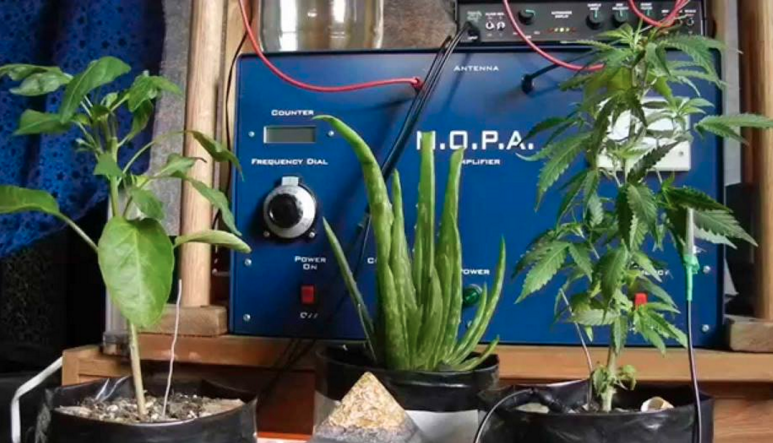 Congratulations to Amanda Ackerman and The Book of Feral Flora—recently named on two year-end lists: Entropy’s “Best of 2015: Poetry Books & Collections” and LitHub’s “30 Must-Read Poetry Debuts.”
Congratulations to Amanda Ackerman and The Book of Feral Flora—recently named on two year-end lists: Entropy’s “Best of 2015: Poetry Books & Collections” and LitHub’s “30 Must-Read Poetry Debuts.”
We agree: The Book of Feral Flora is a superlative must-read.
Here is the question Adam Fitzgerald posed to the debuting poets, along with Ackerman’s response:
What were some of the important inspirations behind this debut collection?
I like plants, especially weeds, because they are feral. I also see language as living, and not solely human, in origin. The feral recognizes that language has become a series of closed symbols. As part of our domestication, we’ve recast language as a trauma, or inadequate, and we often speak of it as system that has been fashioned to work against us. When we speak of language in this way, we collude with our own repression, and we collude with our narrow sense of humanity. The feral takes the closed symbols of words and opens them up again. The earth is at a tipping point, and we need the intelligence, counsel, and wisdom of other creatures. My writing process for Feral Flora attempts cross-species collaboration. With the aid of programming poet Dan Richert, some of the poems in this book were written by plants themselves. To first generate the pieces, I used a lot of somatic devices (altering my body by ingesting plants, touching them, putting their scent on my skin). Then I recorded myself reading these pieces and sent them to Dan. Dan hooked some willing plants up to sensors. The plants responded to the frequencies of my voice, and in turn were able to compose their own, new, versions of the poems. I also wanted to write a book that deliberately collapses the difference between poetry and prose because the feral collapses containment, and also, because in my own work I don’t draw a distinction between the two.
Comments are closed.